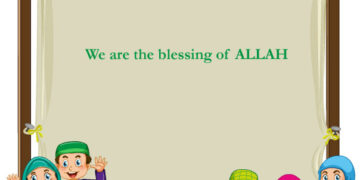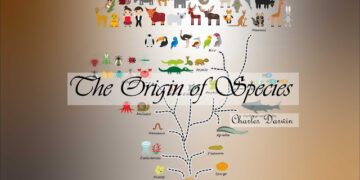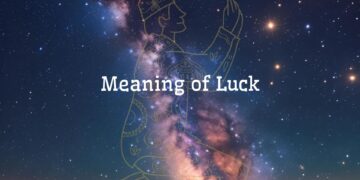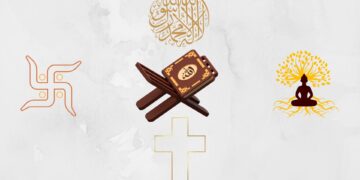Islam is not singular, but multifaceted.
The Diverse Expressions of Faith
Islam is embraced by people from different cultures, backgrounds, and lifestyles. The way Islam is practiced and expressed varies across individuals and communities. Urban youth, influenced by modern lifestyles, may not feel connected to rural imams. Instead, they are drawn to scholars who align with their preferences, both in style and discourse. These scholars dress in modern attire and engage in intellectual discussions that resonate with the younger generation. They find beauty in grand mosques with air-conditioned halls and tiled floors. Some even seek knowledge about physiological responses from peer-reviewed journal articles, blending science with faith.
In contrast, those from rural backgrounds experience Islam differently. They appreciate sermons delivered in their regional dialects, spoken with a rhythm that reflects their cultural heritage. Their imams, dressed in simple attire, represent humility and tradition. Prayer in mud-built mosques, where the breeze flows freely through open windows, brings them peace. Discussions about human nature and morality, shared in communal gatherings, resonate with their everyday experiences.
The Many Paths to Understanding
The appeal of Islam varies from person to person. A gentle-natured woman may find inspiration in stories of compassion from Islamic history. A non-Muslim army general might be moved by the courage of Muslim warriors. Similarly, a person who indulges in worldly pleasures may find guidance through Islam’s fasting practices, experiencing self-discipline for the first time.
Islam’s teachings are vast, and individuals relate to them in different ways. An urban youth might feel uneasy about traditional analogies of attraction, while a rural believer may find grand mosques unfamiliar and intimidating. A gentle woman may initially struggle with certain historical aspects of Islamic law, while a military leader may take time to accept the importance of forgiveness in personal conflicts.
The Unchanging Core of Islam
Despite the diversity in expressions, the essence of Islam remains unchanged. Unity in Islam means holding onto its core beliefs, regardless of cultural or personal preferences. No matter how eloquent a scholar’s speech may be, if they promote polytheism, it is not Islam. A melodious sermon that introduces religious innovations deviates from true Islamic teachings. Similarly, reserving privileged spaces in grand mosques for secular rulers who disregard Sharia contradicts the principles of Islam. A village mosque that promotes the veneration of saints in ways not aligned with Islamic teachings also strays from its essence.
A hijab-wearing banker who disregards Islamic values or a bar girl who simply wears a headscarf without embracing the faith’s principles does not define Islam. The outward expression of Islam may vary, but its foundation remains firm.
Embracing Diversity While Preserving Unity
Islam welcomes diversity in its cultural expressions while maintaining unity in its fundamental beliefs. The beauty of Islam lies in its adaptability—whether in the bustling city or the serene countryside, among scholars or everyday believers. However, this diversity must never blur the lines between genuine faith and deviation.
Let us appreciate the different ways Islam is expressed while upholding its unity. May Allah grant us the wisdom to recognize the distinction between diversity in practice and departures from true faith.




































